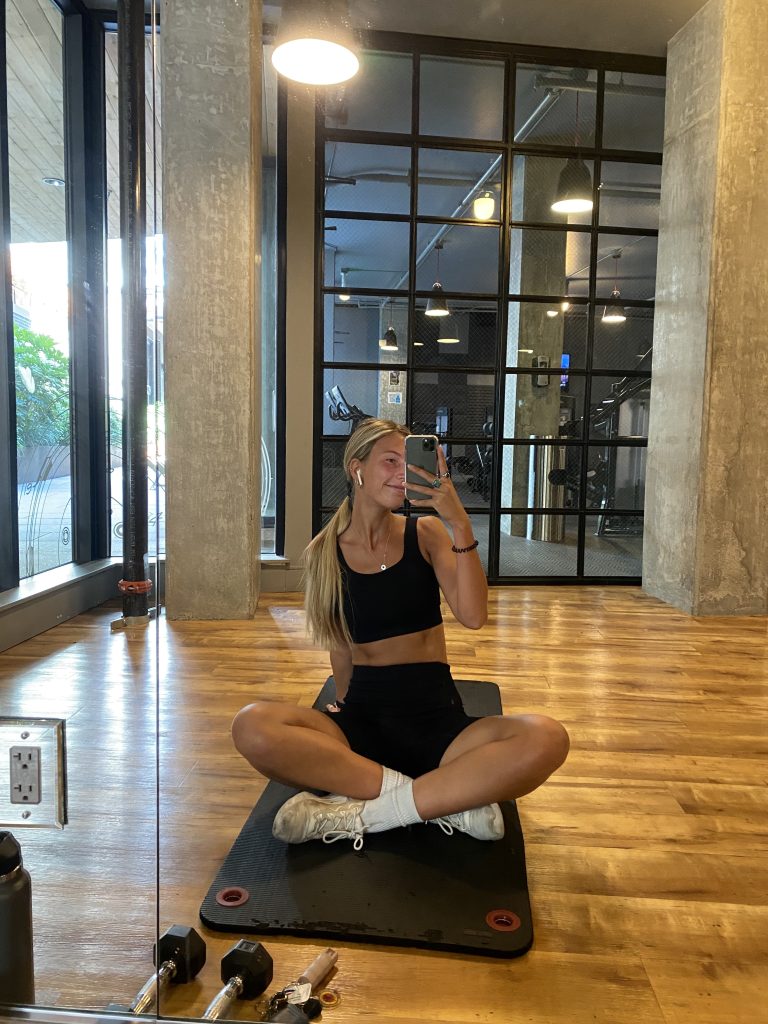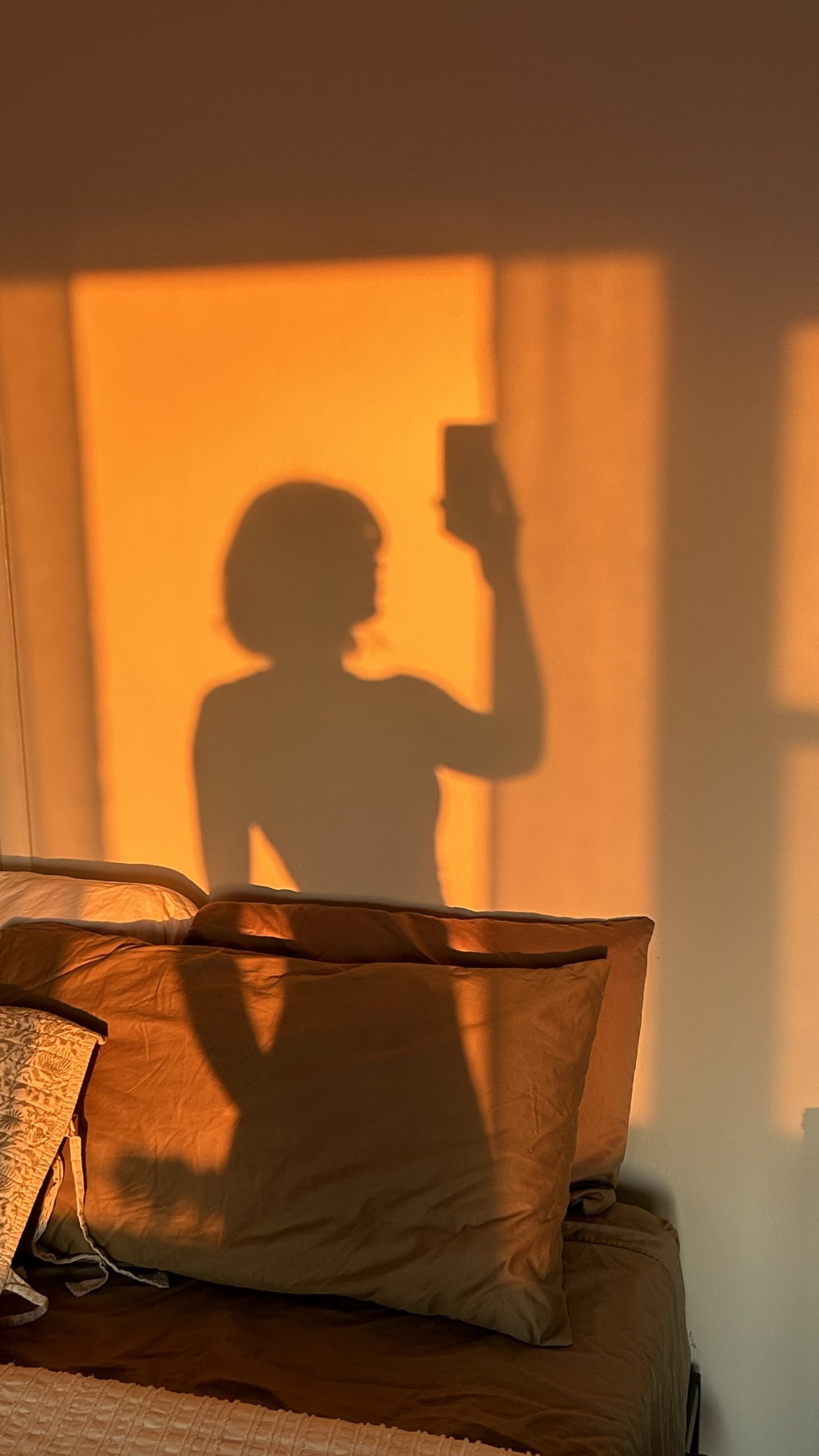
How to Combat Loneliness: A Comprehensive Guide
Loneliness is a feeling that many of us encounter at some point in our lives, a silent companion that can even make its presence felt in a room full of people. I know this all too well; despite being often surrounded by groups, there were times I felt more isolated than ever. It’s not just about being alone; it’s the disconnection we feel from those around us, even in crowded spaces.
Understanding this common but deeply personal experience is crucial. That’s why I’ve put together this comprehensive guide. It’s packed with effective strategies, tools, and resources that I’ve found helpful in managing my own feelings of loneliness. Whether you’re looking to build stronger connections or just find more peace in your solo moments, this guide is here to support your journey towards a more connected and fulfilled life.
Understanding Loneliness
Loneliness is more than just being alone; it’s an emotional state characterized by feeling disconnected and isolated, regardless of how many people are around you. It’s a widespread issue that affects individuals of all ages, significantly impacting both mental and sometimes physical health.
This sense of disconnection can seep into all aspects of life, making even simple day-to-day interactions feel strained or superficial. It’s important to realize that if you’re feeling this way, you are far from alone. Many people experience these same feelings of isolation, which is why understanding and addressing loneliness is so vital.
Identify Triggers
A bullet journal has been incredibly helpful for me in managing feelings of loneliness. It’s a versatile tool that allows you to track daily emotions, identify triggers, and plan activities to enhance social connections. Here are some common loneliness triggers you might want to record:
- Significant life changes: Such as moving to a new city or going through a breakup.
- Social media comparisons: Feeling inadequate when comparing yourself to the seemingly perfect lives online.
- Social isolation: Especially if you're working from home or living alone.
- Anniversaries of significant events: Dates that remind you of past losses or changes.
- Health issues: Physical limitations that hinder social activity.
- Feeling misunderstood or out of place: When your thoughts or feelings seem out of sync with those around you.
- Seasonal changes: Experiencing seasonal affective disorder during darker months.
- Lack of a purpose or routine: Not having clear goals or a structured day.
- Cultural or language barriers: Challenges faced when adapting to a new cultural or linguistic environment.
- Loss of a loved one: Grieving the absence of a significant relationship.
Daily Strategies to Combat Loneliness
Combatting loneliness involves proactive steps that can reshape your daily routine and improve your overall well-being. Here are practical strategies to help you feel more connected and engaged each day:
Engage in Physical Activity
Regular exercise not only improves your physical health but also boosts your mental well-being. Studies have shown that physical activity increases endorphins and serotonin, which can improve mood and reduce feelings of loneliness.
For those new to fitness, there are many beginner-friendly programs available online. Also you can follow nice workouts on YouTube. Most of the time, all you need is a good yogamat.

Set Daily Goals
Setting daily goals provides a sense of structure and purpose that can be incredibly grounding. Goals give you a reason to get up in the morning and something to work towards throughout the day. I personally like using my bullet journal for goal setting as well.
Reach Out
Maintaining social connections is vital for mental health. Regular communication with friends, family, or even acquaintances can significantly reduce feelings of isolation.
Join Online Communities
Online communities can be a great way to find support and companionship, especially if you’re dealing with niche interests or can’t find local groups.
Plan Your Next Day
Planning your activities for the next day can help you look forward to tomorrow, reducing feelings of dread or loneliness as you go to bed.
To aid in nightly planning, consider using routine apps or planners that help you organize and anticipate enjoyable activities.


Building Social Connections
Volunteer
Volunteering is a powerful way to feel connected to others and find a sense of community and purpose. It allows you to contribute positively while interacting with people who share similar values and interests.

Attend Meetups
Attending meetups and social gatherings is a great way to build new friendships and engage with your community. These events allow you to connect with others in a fun, relaxed setting.
Emotional Coping Mechanisms
Mindfulness and Meditation
Mindfulness and meditation practices can significantly benefit your mental health, helping you manage stress and negative emotions. These practices encourage you to stay present and engaged, reducing feelings of loneliness.
Professional Help
Sometimes, professional help may be necessary to manage feelings of loneliness effectively. Seeking the assistance of a counselor or therapist can provide you with the tools to cope better and improve your mental health.
Long-Term Strategies for Overcoming Loneliness
Regular Social Activities
Make socializing a regular part of your routine to maintain connections and continually meet new people. Regular interaction can help keep loneliness at bay and provide ongoing opportunities for meaningful connections.
Adopt a Pet
Pets can provide significant companionship and reduce feelings of loneliness. The presence of a pet can bring comfort and joy, filling your home with unconditional love.
Share Your Journey
Talking about your experiences with friends or on social media can create a support network that’s invested in your success. Their cheers can help you power through tough days.
Be Flexible
Life is unpredictable. If you hit a bump, don’t give up. Adapt your goals and methods if necessary. The ability to pivot and adjust your plans is crucial to overcoming obstacles. Remember, this challenge is about growth and personal betterment, not perfection. Embrace each day of the challenge with kindness towards yourself, and you’ll find that motivation comes much more easily.


Conclusion
You may also like
Transform Your Life: How to Create Your Alter Ego
Creating an alter ego changed my life in a big way, and it can do the same for you. Today, we’
75-Day Soft Glow Up Challenge: Your Ultimate Guide
Welcome to the 75-Day Soft Challenge, a life-changing challenge designed to help you glow up! This c
10 Daily Habits to Boost Your Confidence and Self-Esteem
Boost confidence and self-esteem with 10 daily habits. Learn self-care, affirmations, goal-setting,








Post a comment